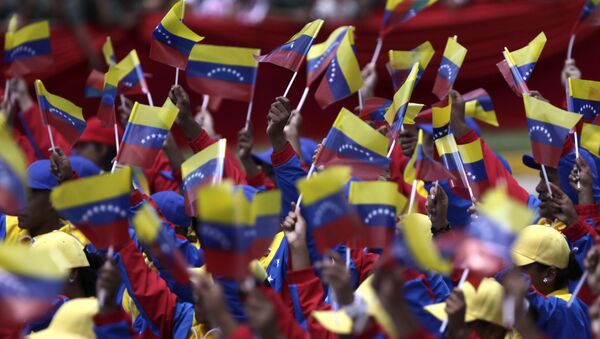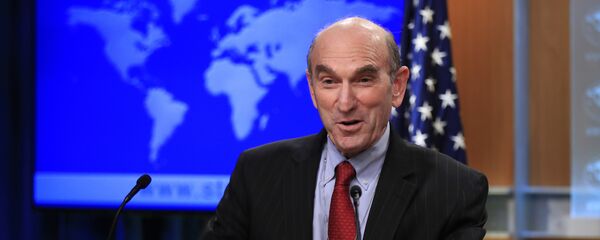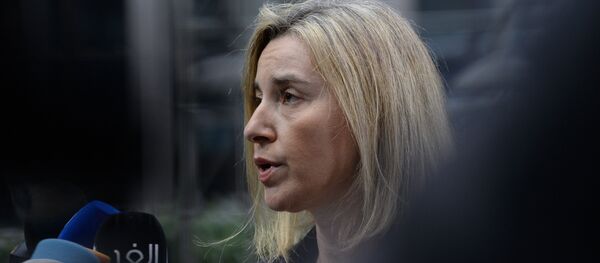"There should not be any imposed solution. We should not tell Venezuelans what they should do. They are independent and they have a right for self-determination … They should find solutions to their problems themselves … We do not support this declaration but Bolivia has joined the Montevideo mechanism. Bolivia will continue participating in this contact group. We do not support only this declaration," Pary said.
"We believe in dialogue. We are convinced that dialogue is the only mechanism which will allow us effectively find a solution. We also believe that the dialogue should be like an open agenda and that Venezuelans should determine this agenda," the top diplomat pointed out.
Mexico’s Foreign Minister Marcelo Ebrard told Sputnik that sanctions imposed against Venezuela, in reality,y are imposed on the Venezuelan people and will worsen the humanitarian crisis in the country.
"The thing that more and more actions are taken, sanctions against Venezuela, in real terms are actions against the people," Ebrard said. "So the humanitarian crisis is going to be worse."
READ MORE: Venezuelan Embassy Says Country's Foreign Ministry Websites Under Hacker Attacks
In late January, the European Union announced the establishment of the ICG, comprised of representatives from France, Germany, Italy, the Netherlands, Portugal, Spain, Sweden and the United Kingdom along with Bolivia, Costa Rica, Ecuador and Uruguay.
Creating the ICG came after the European Union gave Venezuelan President Nicolas Maduro eight days to organize new presidential election. The deadline passed over the weekend. Several EU member states recognized Guaido as interim president of Venezuela.
However, four EU members states have chosen to abstain from backing Guaido, including Italy, Ireland, Greece and Slovakia.
Russia recognizes Maduro as the legitimate president of Venezuela and has characterized the EU decision to recognize Guaido as direct interference in Venezuela’s internal affairs.





